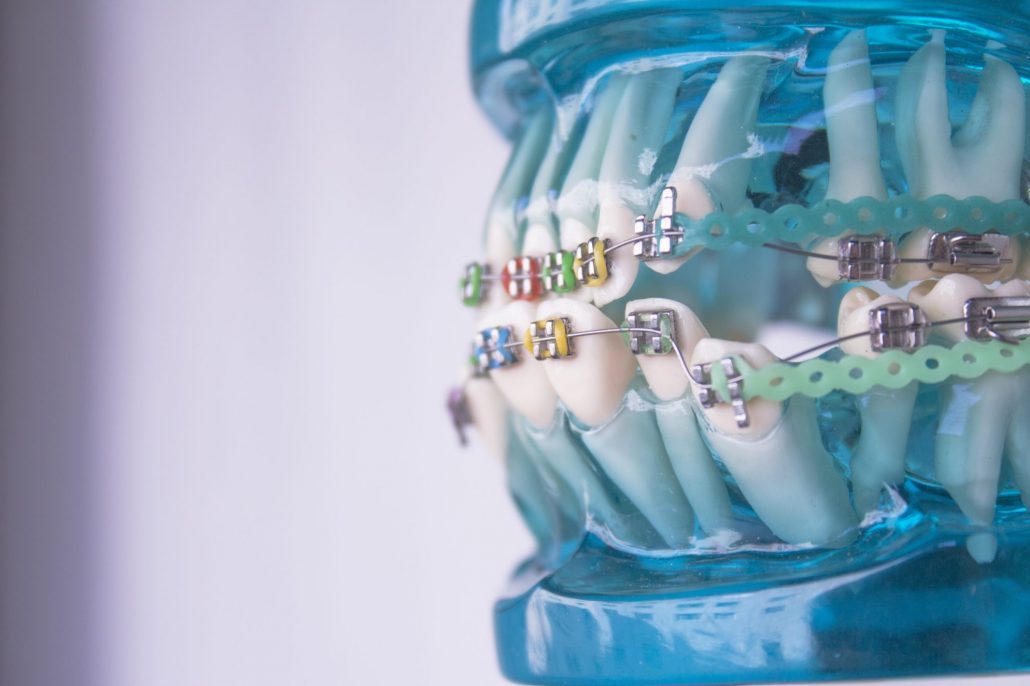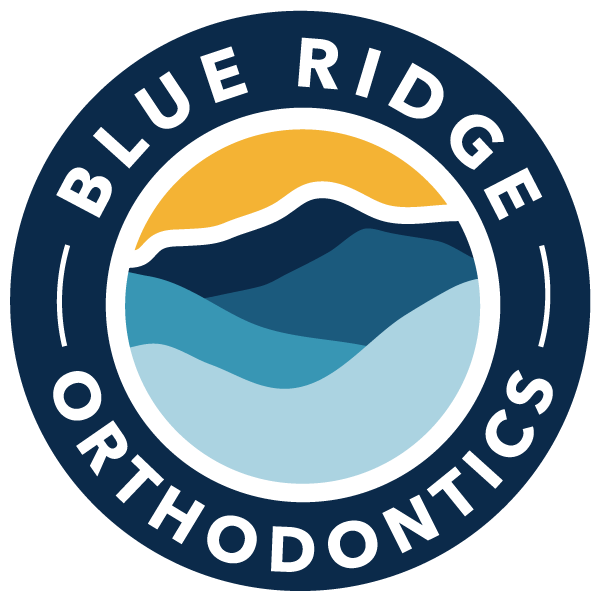Effects From Braces – What’s Normal & What Isn’t
There is often a lot of talk here at BRO about all the fabulous benefits from orthodontic treatment, such as improved confidence and overall oral health, but what else can happen? Are there any risks or adverse effects when it comes to straightening your teeth with braces?

While the chances of anything bad happening during treatment are very slim, there are always risks when it comes to dental or medical procedures. Complications can occur as a result of your dental treatment, but that’s not to say that all side effects are abnormal. We’ve compiled a guide to inform future and current patients of what effects from braces are totally standard and which aren’t.
Common Side Effects of Braces
Mild Discomfort
Some discomfort with braces is totally normal and should be expected. Since braces work by manually shifting your teeth into proper alignment, discomfort is an effect more often than not. This can be concentrated on your teeth or manifest as headaches, both of which are common. Over-the-counter pain relievers like acetaminophen and ibuprofen can help most people relieve whatever tension or pain they feel. If headaches or pains become much worse over time, do let your dentist know as it could be a sign of something else at work.
Irritation
Your mouth won’t be used to the wires and brackets that make up the braces you’re wearing, and it will take a while for your lips to adjust to the right position. During this time, it’s very likely that you will feel some mild irritation. Fortunately, plenty of products exist whose sole purpose is to reduce said irritation, orthodontic wax being the most popular. Place the wax over an entire section or single bracket in an area that’s bothering you and feel the immediate relief. If there’s a sharp wire that’s poking you or causing your mouth to bleed, talk to your orthodontist about it ASAP.
Jaw Pain
Jaw pain is a possible side effect of braces, especially if your treatment requires the realignment of your jaw. Over-the-counter pain medications may help manage this pain, depending on its severity. This may reoccur after every tightening, as well.
Difficulty Eating
Difficulty chewing and eating food is a big complaint that we receive, especially after a tightening. It’s times like those that our braces friendly diet is even more handy to have around. While it may be difficult to eat solid foods for a short time, this side effect will likely resolve itself quickly.
Unusual Effects from Braces
Now that we’ve covered the common side effects that a person can expect to experience during treatment, let’s consider some complications that could occur as a result of wearing braces. If you find yourself experiencing any of these, get in touch with your dentist or orthodontist to discuss what the cause is and what options are available to you.
Tooth Decay
Tooth decay as a result of poor hygiene is possible with any set of teeth, but that’s especially true when it comes to teeth with braces on. It’s very important for all braces patients to thoroughly clean their teeth each and every day, meaning brushing twice and flossing at least once daily. If your tooth does start to decay rapidly, steps might have to be taken that will delay treatment.
Decalcification
Good dental hygiene practices are always important but especially so for patients in braces. Decalcification appears as white marks on the teeth and is just one side effect of poor hygiene. Cavities can also occur if food and plaque are not removed regularly. These issues are very preventable with regular, thorough brushing and flossing as well as a diet that is low in sugar.
Allergic Reactions
Some patients, though not many, can experience an allergic reaction to the latex rubber in the elastics used in braces or the metal. Known allergies should be communicated to our doctors clearly if you or a loved one are coming to us for treatment. Latex-free elastics and alternative metals are available to be used in situations such as these.
Root Resorption
Root resorption is the shortening of roots during the time that a person has braces on. This can be little more than a slight diminishing of the root tip that won’t result in any long-term oral health problems. Rarely, patients experience a shortening of at least half of the root, which could cause significant changes to their long-term health.
The exact cause is not yet known, but wearing braces beyond 2-3 years tends to increase the chances of it happening. Our office takes consistent x-rays to determine if any root resorption has occurred.
Ankylosis
Another rare condition that can have a large impact on a person’s health is Ankylosis or the fusion of the tooth root to the bone. Fused teeth will not be moved by braces, and all surrounding teeth will start to move around the ankylosed tooth, resulting in improper alignment. This complication is difficult to predict and may be identified through an x-ray and clinical examination if the situation calls for it.
Relapsed Teeth
Though not exactly a complication, the relapse or movement of teeth back to a previous position is a common consequence after braces have been removed. If patients don’t wear their retainers regularly, teeth can easily relapse, especially immediately after removal. You don’t want to waste all the time and money that you devoted to your beautiful new smile, so be sure to take care of it and wear your retainers.

While the above side effects are possible, the much more likely situation is that you will end your experience with braces confident and happy with your new smile. If you have questions about braces and how they impact your teeth, feel free to talk to one of our dental professionals. We offer complimentary consultations to all new patients and those considering orthodontic work– click here to request an appointment. And we would be happy to discuss your options with you concerning braces, other kinds of orthodontic treatment styles, and financial solutions.


